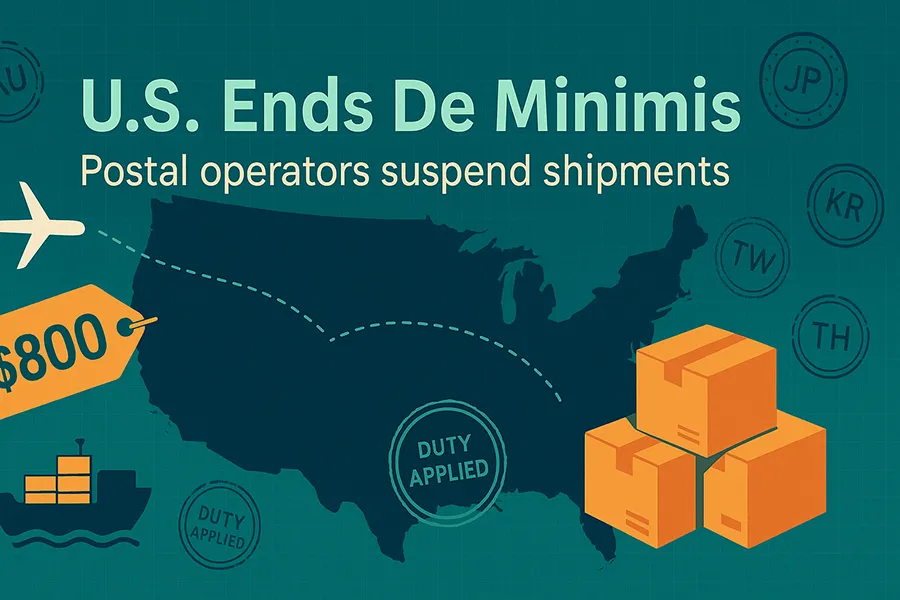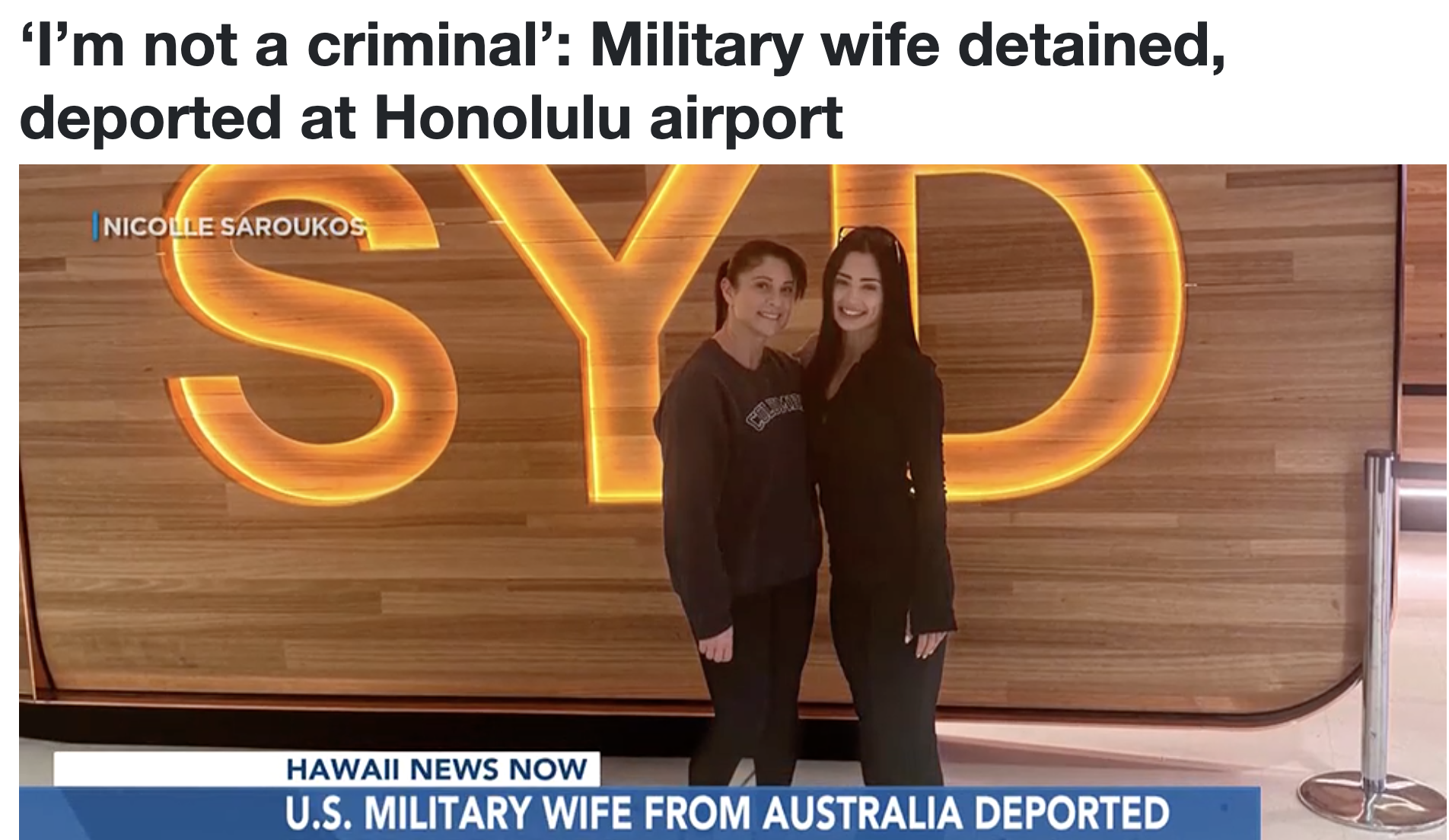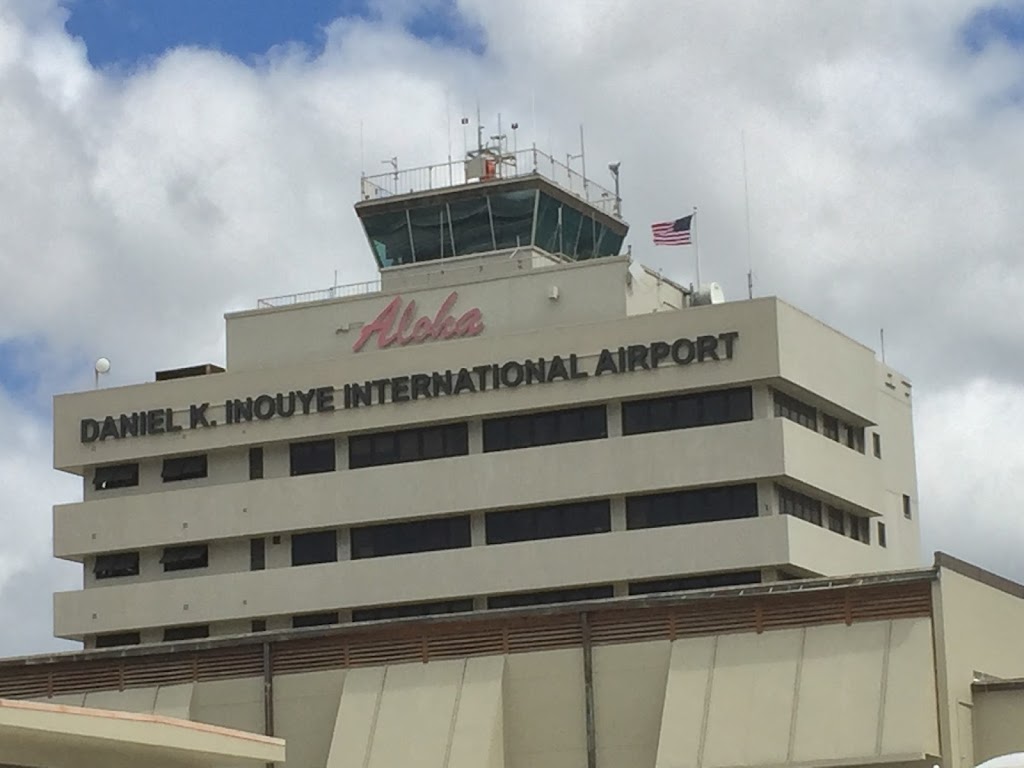As of August 29th, the de minimis exemption which allowed what has usually been duty/tax-free imports for packages valued at $800 U.S. and lower, has been suspended for shipments to the U.S. (a decision by the regime “running” the U.S. government which I don’t agree with BTW). This entire tariff situation is also being handled inappropriately in unilateral fashion (an appeals court ruled that most of these tariffs are illegal; this will likely go all the way to another corrupted institution where I’m expected the 6 “conservative” justices to rule in favor of the regime).
Anyway, that means every package imported into the U.S. is now subject to import duties (with some exceptions – see below). Japan’s reciprocal tariff was negotiated to be 15% (subject to potential change in the future). This duty (on the declared value of a package) plus a customs clearance fee (which will vary by carrier but is expected to be around $8-10) will need to be paid by the recipient. Additionally, it is effectively the carriers that have to handle the logistics for the bulk of the non-commercial parcels. With e-commerce businesses (due to scale), there are companies collecting the duty at the point of sale (at least FedEx and UPS have systems in place for business partners to implement).
Because of the chaos this situation has created, many countries (Australia, India, Japan, Mexico, New Zealand, South Korea, Taiwan, Thailand) have suspended shipments to the U.S. until further notice. Japan Post had previously implemented a flat fee of $80-$200 per item while tariff negotiations were being conducted (some folks had bought really low value items and got assessed $200 duty on something that cost only $35). Let me repeat, that was for EVERY item (not the package value). This obviously caused a lot of problems versus the “full ad valorem duty” (percentage of item value) and thus the temporary suspension. The following is what is currently known (as of this writing) for other shippers (for non-commercial shipments to the U.S.).
DHL and FedEx (Priority Pak): Import duties and customs clearance fees are to be paid upon delivery (payment can be made online once the package has been accepted at U.S. customs). I’ve done business with both; DHL has staffing issues in certain locations (which can lead to slower package processing; their online system was also confusing with recognizing tracking and billing for customs and didn’t even work transparently with the account I had on their main site). With that said, maybe they’ve tightening up their backend systems since that time when I had inbound international shipments from them. DHL did put out this informational article regarding impacts/how DHL shippers should handle things going forward (it’s going to be the same for every shipper; making sure paperwork/documentation is in order and categorization aka harmonized code and values reflected accurately).
FedEx (FedEx Trade Networks which is a separate division from domestic FedEx where their CSR’s on the main support phone tree often times have no idea about the international shipping side with customs clearance at FTN) is fast once you have the US CBP Form 5106 (Importer Identity Form) on file with them. Without that on file, a package can sit until a customs broker contacts you (if they even try). I usually recommend following international tracking for exceptions (like a clearance delay) in the customs process (and if flagged with a delay, to contact FTN directly). Their system might attempt to text or call about this (they usually call from 1-888-327-3395). As always, perform your own due diligence with e-mails, calls, and text messages (I had to go through this round of madness before with the disconnect in their international shipping process for higher value items where the main line and CSR’s had no idea if this was a legitimate phone number).
UPS International: Import duties and customs clearance fees are to be paid upon delivery (payment can be made online once the package has been accepted at US customs). UPS added a new International Processing Fee of $2.50 per package. Additionally, packages with a declared value up to $200 will pay an additional $10 per shipment while whose with a declared value of $200.01-$800 will pay an additional $20 per shipment. UPS International also tends to be the most expensive of these three (I have no recent experience with their international shipping processes).
As noted above, there is a small exception in all of this for non-commercial parcels (I know there may have been other exceptions including duty exemptions for antiques and artwork; I have no idea regarding the actual impact and how shipping companies will deal with this). Gifts worth/declared value less than $100 (but they will need to be sent using something that doesn’t look like a business name since they are now inspecting packages and the paperwork more carefully now). With regards to Japan (where I’ve had a lot of merchandise shipped from in recent years post-pandemic), given that the Japanese side will tend to normally be more “by the book”, I’m expecting Japan Post to have a more stringent vetting process in place for determining what is an exception and what isn’t. To say all of this is a mess would be an understatement (to be blunt yet again, we have a criminal enterprise masquerading as a government in the U.S. causing this global chaos).



